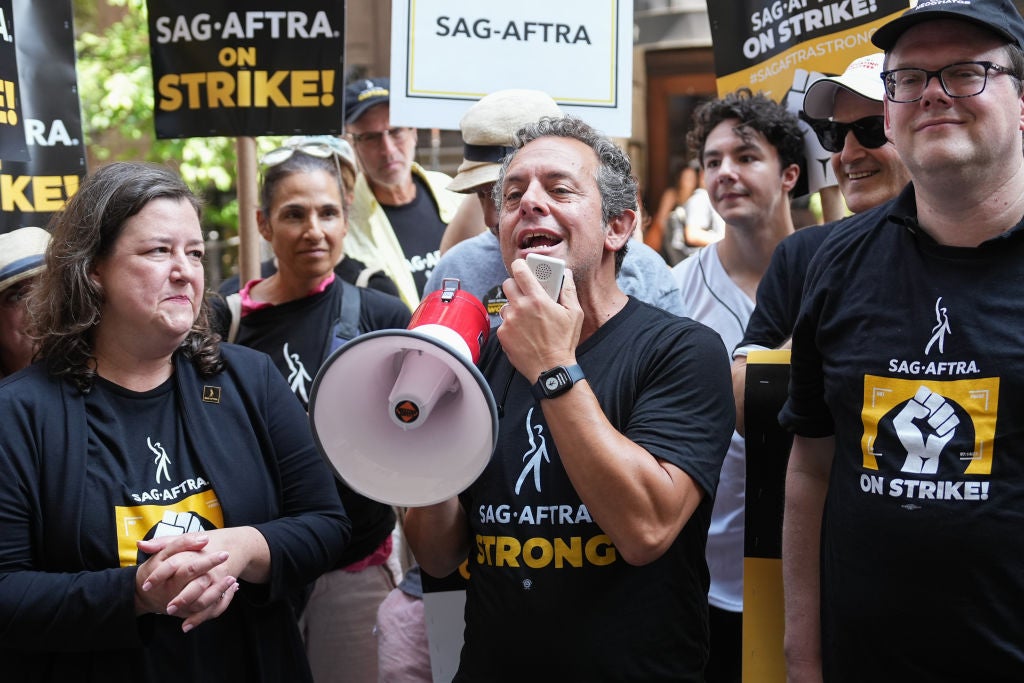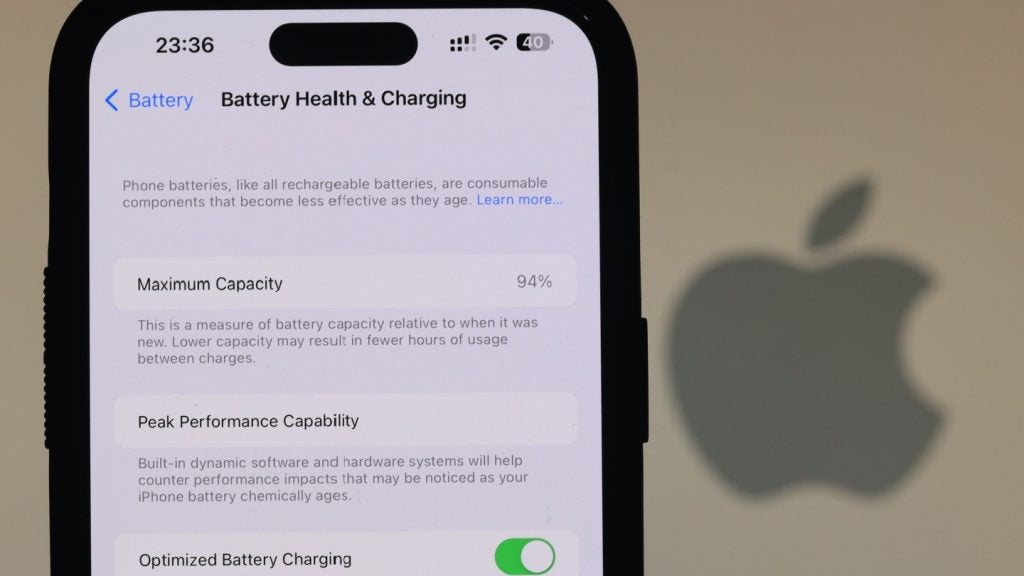
Entertainment and publishing giants are increasingly purchasing music rights, as it can offer a lucrative revenue stream.
These deals allow the publishing companies to accrue income from royalties, as well as when music is licensed for use in films, TV, and advertising. In the case of large popular artists with huge catalogs, this can generate significant revenue over time, which justifies the huge sums spent on the most prestigious catalogs.
The latest deal was announced on January 3, 2022, when David Bowie’s estate sold rights to the entire body of work to Warner Chappell Music. According to entertainment magazine Variety, the deal between Warner Music Group (WMG) and the Bowie estate was worth more than $250m, signifying a major acquisition for the entertainment and record label conglomerate.
This deal follows a string of other huge names, including Bruce Springsteen, Bob Dylan and Paul Simon, who have recently sold rights to their music catalogs.
Entertainment giants are scooping up music rights
Warner isn’t the only major music corporation spending big on back catalogs. According to Universal Music Group’s 2020 annual report, the company spent over $1.71bn in 2020 on a combination of catalog acquisitions and “advances to artists net of recoupment”.
Sony Music is another big spender, at an investor relations meeting in May 2021 its chief executive, Rob Stringer, said the company had spent $1.4bn in acquisitions over the previous six months, a colossal amount.
How well do you really know your competitors?
Access the most comprehensive Company Profiles on the market, powered by GlobalData. Save hours of research. Gain competitive edge.

Thank you!
Your download email will arrive shortly
Not ready to buy yet? Download a free sample
We are confident about the unique quality of our Company Profiles. However, we want you to make the most beneficial decision for your business, so we offer a free sample that you can download by submitting the below form
By GlobalDataAnother company snapping up rights to thousands of songs is the UK specialist fund Hipgnosis, which over the past few years has acquired the rights to hits from an eclectic range of artists. As of January 2021, Hipgnosis owned or partially owned more than 57,000 songs and by December 2021, its catalog had grown to 65,000 songs worth $2.5bn.
A range of factors have made sell offs appealing
The acceleration of acquisitions has been driven by a number of factors, perhaps the most notable been the growing popularity of music streaming. Music streaming was created to help combat illegal downloading, by providing a database of music at an affordable price, with discovery features to help customers find artists they would enjoy listening to.
Nevertheless, artists have only seen a tiny fraction of the enormous profits generated by streaming services. A major concern for the industry is the continuing demise of profits for the artists themselves, with a mere 12% of revenue being collected from the creation of their music.
With many gigs cancelled across most of the world throughout 2020 and 2021, artists have been forced to consider alternative ways of generating revenue. According to US-based finance firm Sound Royalties, “In 2019, the touring industry generated gross revenues of $5.55 billion dollars – a stark contrast to the $1.2 billion it generated in 2020 as a result of Covid-19.”
While some gigs have returned in certain countries globally, they are often done on a smaller scale and in line with Covid restrictions. As a result, high value deals can provide immediate financial security to artists and their estates.









Related Company Profiles
Universal Music Group Inc
Warner Music Group Corp